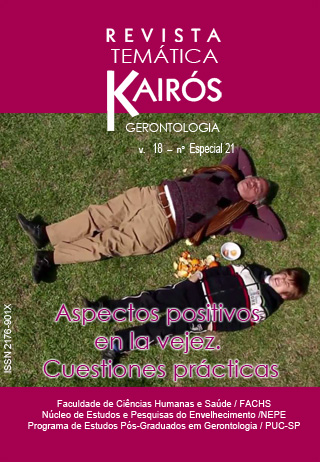Positive interventions in long-stay residences
DOI:
https://doi.org/10.23925/2176-901X.2015v18iEspecial21p45-57Keywords:
Positive, Actions, Long-Term Care Homes, Identity, AutonomyAbstract
In the gerontology field, there is a motto, "to prevent or delay institutionalization," which summarizes gerontologists' tacit consent. This premise is the basis of many efforts and interventions that arise, and should continue emerging, for that purpose. However, when this is not possible, and most people cannot continue living at home, the intention is to provide care centers, which can not only give the necessary care but also allow for the personal development of the elderly. In order to do this, the national and international current trend, is to change the notion that one has about these institutions, their goals and objectives, evolving towards a model of accommodation that constitutes a clear alternative to the typical institutions. Within this framework, the aim of this chapter is to systematize a series of practices with a positive orientation. This term refers to those interventions aimed at promoting the development of skills, abilities and available resources for people staying in these long-term care homes. They were sorted out according to the different moments/stages a person may go through in nursing homes, with the main objective being to find greater autonomy for the elderly and a possible identity beyond the condition of institutionalization.Downloads
How to Cite
Sabatini, M. B., & Tauler, T. (2016). Positive interventions in long-stay residences. Revista Kairós-Gerontologia, 18(Especial21), 45–57. https://doi.org/10.23925/2176-901X.2015v18iEspecial21p45-57
Issue
Section
Papers


